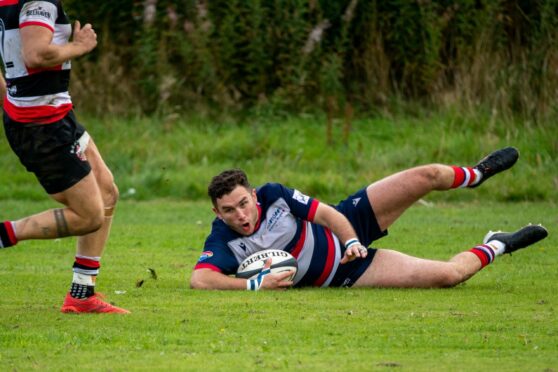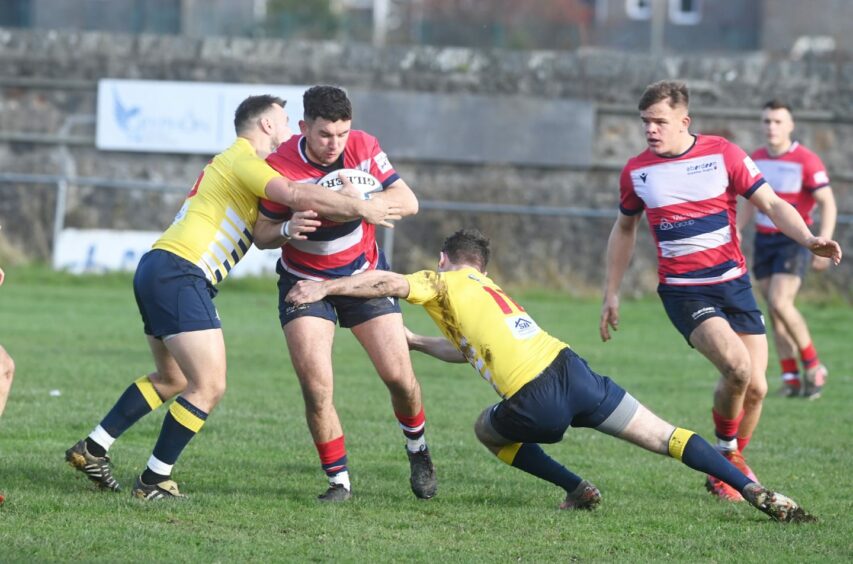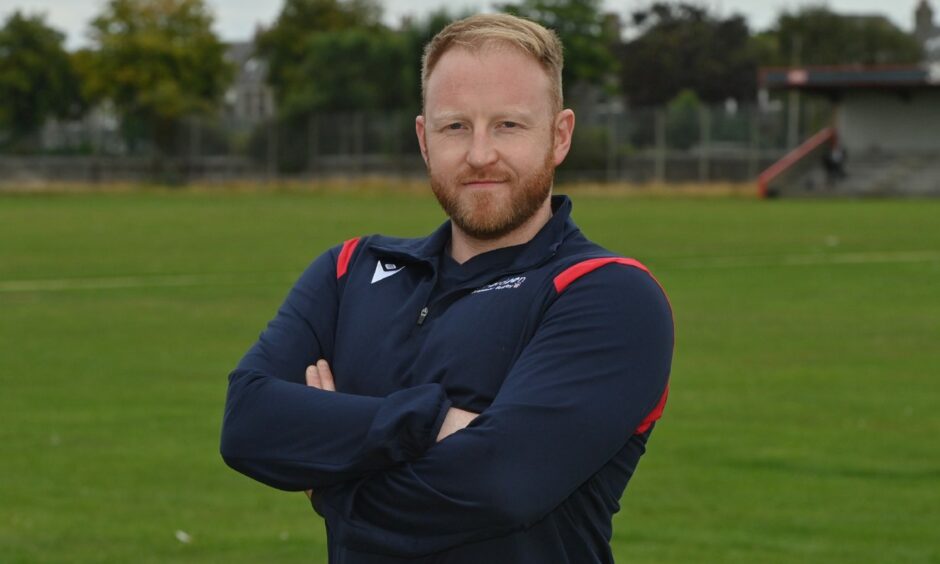Fewer fixtures for amateur clubs in Scotland would be more beneficial, according to Aberdeen Grammar regular Doug Russell.
A leaf could be taken out of the book of the premier domestic competition in Scotland, the Super 6, which only sees each team play 12 games.
By contrast, Grammar have 22 league games to play in National One, plus the Scottish Cup which gets under way in February.
For teams that struggle with limited player pools, Russell feels it leaves the likes of Grammar asking more of players who are already showing a great deal of commitment by playing part-time.
Russell is one of those who has had to sacrifice some rugby because of life away from the game. His partner recently gave birth and away matches mean too much time away from home.
Dealing with players’ personal commitments is part and parcel of amateur sport but when you throw in the lengthy injury-list Grammar have had to deal with over the last year or so, it is a perfect recipe for struggle.
“The biggest issue in the region is the player pool there was once was, isn’t there,” said Russell. “Guys that come up through the youth system playing rugby move away from the area for university.
“Robert Gordon’s produce great players time and again and Grammar maybe doesn’t have the draw to it that it once did. Guys are probably happy going to play for Gordonians – who are winning – and rightly so.
“Because we have got such a small player pool, guys have to be totally committed and it’s almost unfair to be asking any more of them. But we don’t really have a choice.
“I’ve got a two-month old baby and can’t commit to playing away games at the minute, because it’s not fair on my missus.
“The other issue for me is we’re being asked to play more games with fewer players, which doesn’t make sense.
“You see the guys at the pinnacle of the game in Scotland, in the Super 6, who are playing 12 games a year. It really needs smaller leagues to make it more sustainable.”
Russell has sympathy for coaches Greig Ryan and Nat Coe. Both are in their first season at senior level and as well as facing the same challenges their predecessor Ali O’Connor did, they are also trying to stabilise a club on the rebound from relegation.
“They’ve both done very well and come in with good ideas,” he said. “It’s been super tough for them, especially when you don’t have the number of guys turning up at training that they probably deserve.
“We’ve had bad weather recently too, so we’ve not been able to do that much training. It’s been difficult for them and they’re doing their best.”
Grammar, who are due to play Gala at Rubislaw tomorrow, were thumped last week by north rivals Highland and defeats do have a knock-on effect for team morale.
“It’s just everything coming to a head this year,” said Russell. “We knew getting relegated that National One was by no means going to be an easy league.
“It’s difficult and there’s a lot of frustrations in the club. We lost a lot of experience over the last few years and there’s younger guys playing who have not really played at this level.
“If we get a couple of wins under our belt, guys get more invested and the winning feeling becomes addictive.
“But losing is also a habit. Heads go down and motivation decreases. Then it becomes a vicious cycle.”


